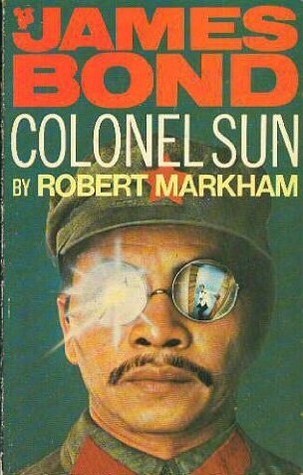What do you think?
Rate this book


221 pages, Mass Market Paperback
First published March 28, 1968
“It came without warning, the first dazzling concussion of agony, as instantaneously violent as the discharge of a gun. He heard himself whimper faintly…After that, pain in bursts and thrusts and sheets and floods, drenching and blazing pain, pain as inexhaustible as the sea or the sands of the desert.”